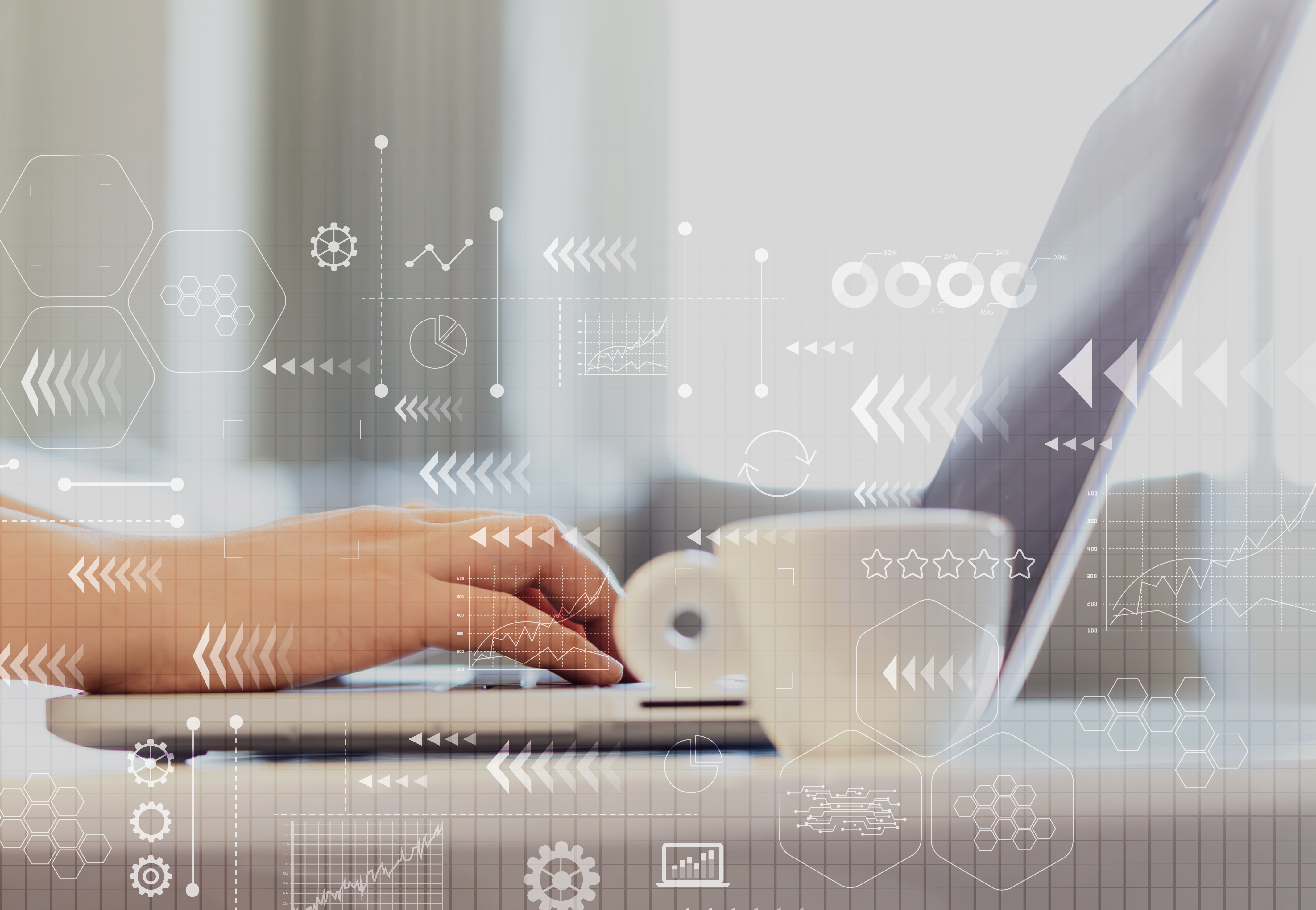Gloucester Daily Times | Living with artificial super-intelligence
February 8, 2019

publication: Gloucester Daily Times
pages: opinion
section: columns
story title: Living with artificial super-intelligence
author: Anthony J. Marolda
date: February 1, 2019

note: collected for library archive
— introduction —
Many people are concerned about climate change and its impact on the planet over the next 80 years. However, another threat to humanity that is much more alarming, very real + very close — is the creation of artificial super-intelligence (the abbreviation is ASI). Today’s artificial intelligence will become ASI when it’s billions of times “smarter” than people. We’ll need to learn to live with ASI, or we might not be around much longer.
— technology execs say concerns are real —
Many high-level executives in the tech industry warn about the dangers of ASI — for example: Sundar Pichai, CEO at Google. Google is a leader in the development + application of computer software in the field of artificial intelligence. For example: the company DeepMind — under the Alphabet co. umbrella that also owns Google — is developing software programs that learn to solve complex problems, without teaching them how. This is the true beginning of ASI: it will have characteristics of human intelligence but will astronomically exceed it.
Sundar Pichai gave an interview to the Washington Post — he said artificial intelligence holds great promise to benefit humanity. But some scientists worry about potential harmful applications of the tech. Pichai said their concerns are “very legitimate.” For example, he described autonomous AI weapons that can make “kill decisions” on their own. Think about the fictional SkyNet system from the Terminator series of films.
Other tech executives agree with Pichai about the serious possible threat from artificial intelligence. Elon Musk — inventor of electric cars by Tesla co. and rockets by Space X co. — spoke in the documentary film: Do You Trust This Computer? He said ASI can leave humanity behind, leading to the creation of an “immortal dictator” who’ll control the world.
Elon Musk said: “At least when there’s an evil (human) dictator, that person is going to die. But for an ASI (software) dictator, there’d be no death. It would live forever. And then we’d have an immortal dictator we can never escape. If ASI has a goal and humanity just happens to be in the way, it will destroy humanity as a matter of course — without even thinking about it. No hard feelings. Like if we’re building a road, and an anthill happens to be in the way: we don’t hate ants. We’re building a road, and so goodbye anthill.”
— DeepMind by Alphabet co. develops powerful software —
Google’s company DeepMind has achieved a turning point in creating human-like artificial intelligence. They have a computer software program called AlphaZero that shows human-like qualities of intuition + creativity. AlphaZero was made with the ability to learn + remember what it does.
For example, the developers set-up the program to learn to play chess. Unlike past computers that were programmed by the developers to play the game — AlphaZero knew nothing about chess, except the basic rules. To learn, it played 44 million matches with itself in 9 hours and learned from each one. Eventually it was able to beat chess grand-masters, but with approaches never before used by a chess computer. It was exhibiting human-like intuition and creativity.
The former world chess champion Garry Kasparov said: “Instead of processing human instructions and knowledge at tremendous speed — the way all other previous chess machines did — AlphaZero generates its own knowledge. It plays with a dynamic style, similar to mine. The implications go beyond the chess board.”
AlphaZero by DeepMind is a sign that we’re approaching a theoretical time in history known as the “technological singularity.” Experts say that’s the point when: “the invention of artificial super-intelligence will suddenly trigger run-away technological growth, resulting in unfathomable changes to human civilization.” That’s is also the point when humans could lose control of society, with no chance of getting it back.
— Ray Kurzweil + Elon Musk say humans must merge with computers —
Ray Kurzweil is a famous inventor, futurist, best selling author, and entrepreneur. He’s currently a director of engineering at Google. He’s done a lot of thinking about the coming technological singularity. His track record making predictions about the future is about 86 percent correct. And, based on the exponential rate of progress in the AI industry, Kurzweil calculates the singularity will happen in year 2029. He anticipates by that time, ASI systems will be “billions of times smarter” than humans.
Elon Musk and Ray Kurzweil agree. Humans must somehow merge with computers — to stay relevant in the world of ASI. Musk has formed a company called Neuralink to achieve that goal. Neuralink is developing ultra-high bandwidth (the speed + capacity of the connection), implantable, brain-machine interfaces to connect humans with computers. Musk is hoping to demonstrate the tech by year 2019.
Kurzweil has a similar vision to resolve the threat posed by ASI. He foresees a computer-mind connection, but a different type than Musk’s concept. He calls it a neo-cortex connection, made using nano-bots — molecule sized devices injected into the bloodstream to accomplish pre-programmed tasks. Kurzweil’s idea is to use the nano-bots to connect your brain directly to the web, upgrading your intelligence and memory capacity by orders of magnitude. Thus, as the machines become smarter, so do humans.
— humans merging with machines —
But how far along is the development of nano-sized robotic systems that can enter the human body? The first actual use of a miniature drug delivery system was tested by researchers at Arizona State University. They created cell-sized bots — made of sheets of biological molecules (not machines) — and injected them into the bloodstream of mice with cancer. The bots went directly to the cancer’s tumor cells and injected them with blood clotting drugs to cut off their blood supply and stop the tumor’s growth. It functioned, shrinking the tumors. Over the next 10 years, nano-bot tech could grow at a fast rate — getting closer to Kurzweil’s vision of connecting the human neo-cortex to the cloud.
So instead of humans becoming obsolete, we could be working with the machines. But it’s important that humanity perfect the human-machine connection tech before the singularity — the point where AI becomes ASI. If we cross that horizon and we’re not working symbiotically with our machines, we may not be given the chance later.
on the web | reading
Financial Times | lab experiment: nano-bots kill off cancerous tumors as fiction becomes reality
deck: Researchers inject tiny devices into the bloodstream to deliver drugs with precision.
the Washington Post | interview: Google CEO Sundar Pichai
deck: Fears about artificial intelligence are very legitimate, he says in interview.
on the web | pages
DeepMind • by Alphabet | home
DeepMind • by Alphabet | research: home
DeepMind • by Alphabet | research: AlphaGo
— notes —
AI = artificial intelligence
ASI = artificial super-intelligence
* Ray Kurzweil is Raymond Clyde Kurzweil
* Elon Musk is Elon Reeve Musk
* SUndar Pichai is Pichai Sundararajan
* Google is under the umbrella of Alphabet co.
* DeepMind is under the umbrella of Alphabet co.
